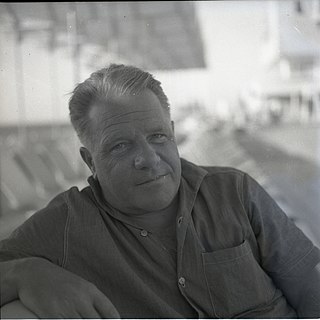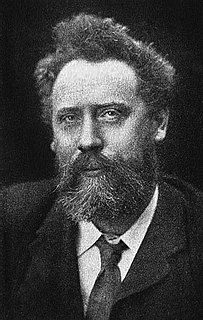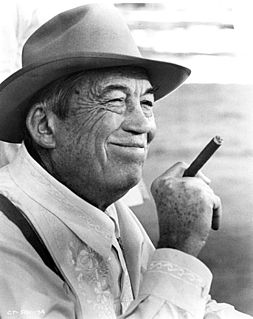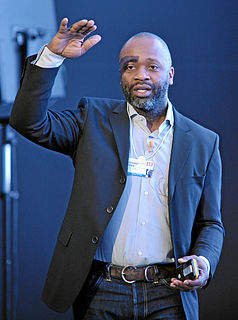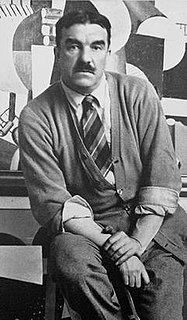A Quote by Lawrence Durrell
Life, the raw material, is only lived in potentia until the artist deploys it in his work.
Related Quotes
The artist seeks contact with his intuitive sense of the gods, but in order to create his work, he cannot stay in this seductive and incorporeal realm. He must return to the material world in order to do his work. It's the artist's responsibility to balance mystical communication and the labor of creation.
My teacher introduced me to this photographer Eugène Atget. He was a French photographer in the late 1800s up until 1927 in Paris. He didn't consider himself an artist, but he was probably one of the artists of the 20th century. This guy documented all of Paris during those years. It's unbelievable. The books are phenomenal. The Museum of Modern Art has all his stuff now and [American photographer] Berenice Abbott saved his work. Not very much is known about his life, but the work is unreal and it totally spoke to me. He was the only artist for a number of years that I cared about at all.
In the wildest nature, there is not only the material of the most cultivated life, and a sort of anticipation of the last result,but a greater refinement already than is ever attained by man.... Nature is prepared to welcome into her scenery the finest work of human art, for she is herself an art so cunning that the artist never appears in his work.
It is only in his work that an artist can find reality and satisfaction, for the actual world is less intense than the world of his invention and consequently his life, without recourse to violent disorder, does not seem very substantial. The right condition for him is that in which his work in not only convenient but unavoidable.
That's the difference between the serious artist and the craftsman--the craftsman can take material and because of his abilities do a professional job of it. The serious artist, like Proust, is like an object caught by a wave and swept to shore. He's obsessed by his material; it's like a venom working in his blood and the art is the antidote.
A life lived in chaos is an impossibility for the artist. No matter how unstructured may seem the painter's garret in Paris or the poet's pad in Greenwich Village, the artist must have some kind of order or he will proudce a very small body of work. To create a work of art, great or small, is work, hard work, and work requires discipline and order.
